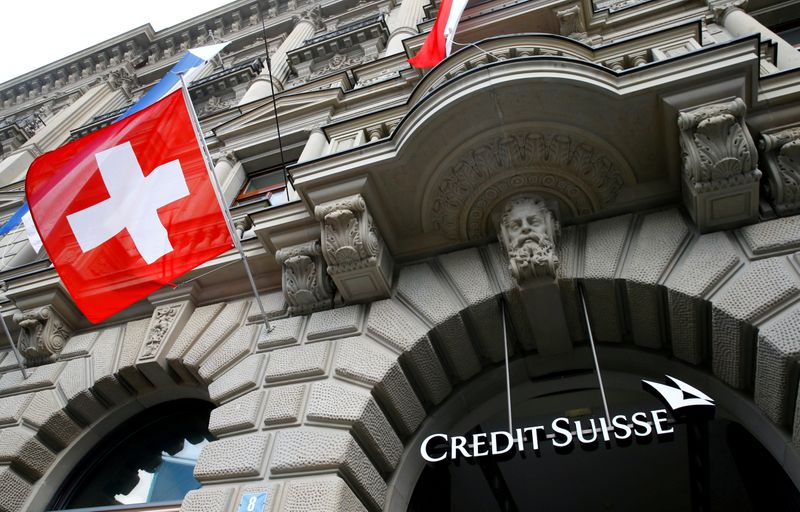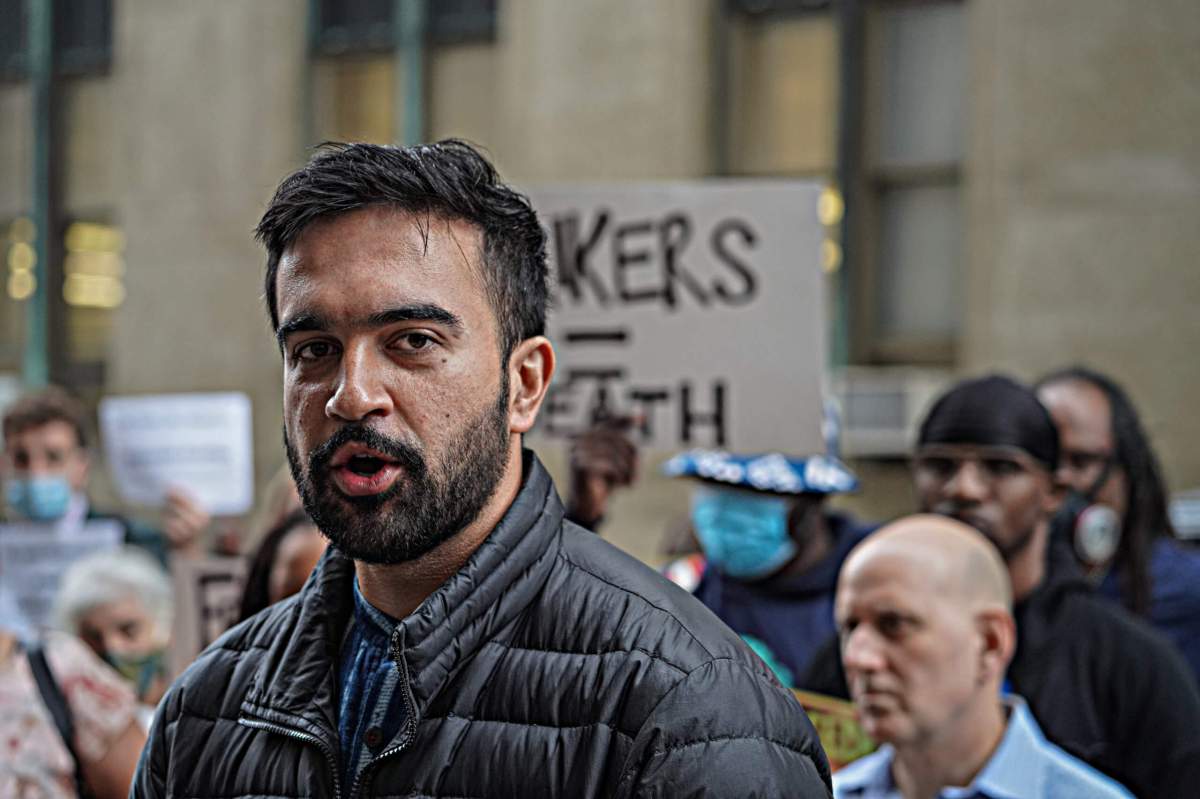ZURICH (Reuters) – Credit Suisse has lost its final bid to block the auditor chosen by Swiss financial supervisor FINMA to scrutinise the bank’s activities in a spying scandal, according to a Supreme Court ruling published on Wednesday.
In January 2020, FINMA appointed an independent auditor to review the bank’s corporate governance and its use of electronic communications in connection with spying into former and current executives that became public in 2019 and led to the ouster of then-CEO Tidjane Thiam.
Switzerland’s second-biggest bank had sought to scuttle FINMA’s appointment of Thomas Werlen, of international law firm Quinn Emanuel Urquhart & Sullivan, on the grounds that the firm and Werlen lacked sufficient independence, but a lower court in April rejected the bank’s challenge.
Switzerland’s Supreme Court, in a decision dated Dec. 28, upheld the lower court ruling, saying that most law firms available to take on such assignments in Switzerland had often gained the requisite know-how by representing counterparties in disputes with major banks.
“The fact that the market available to take on FINMA’s auditing assignment into big banks contains few potential providers suggests that the criterion of independence should not be applied too strictly,” the judges said in the ruling, which became public on Wednesday.
Credit Suisse said it noted the court’s decision and was fully cooperating with FINMA. FINMA said it welcomed the decision of the Federal Supreme Court.
FINMA in September stepped up its investigation into Credit Suisse, opening an enforcement case in a rare challenge to one of the country’s major lenders.
In particular, it is examining how the banks’ surveillance activities were documented and controlled.
(Reporting by Brenna Hughes Neghaiwi and John Miller. Editing by Mark Potter)
























